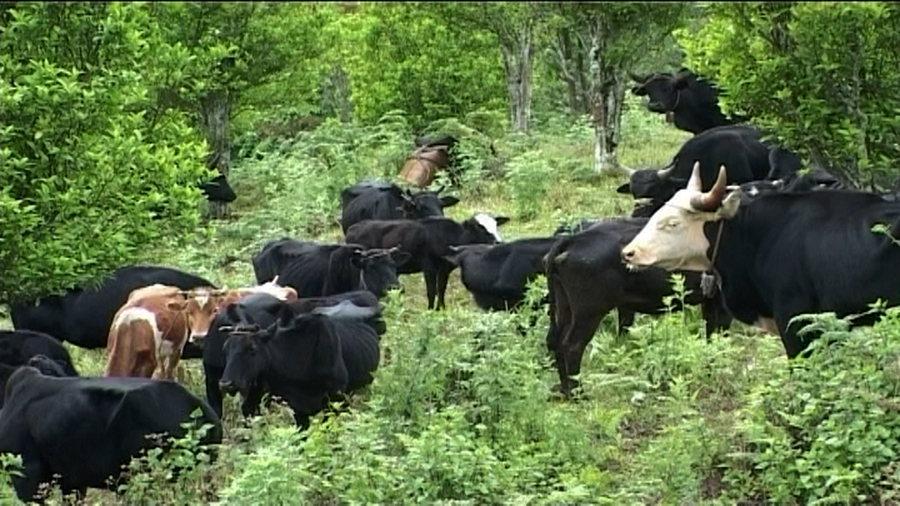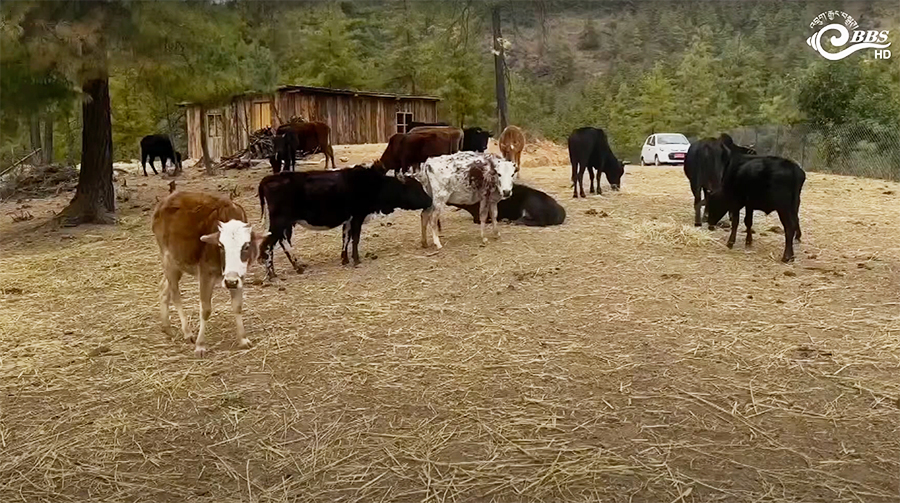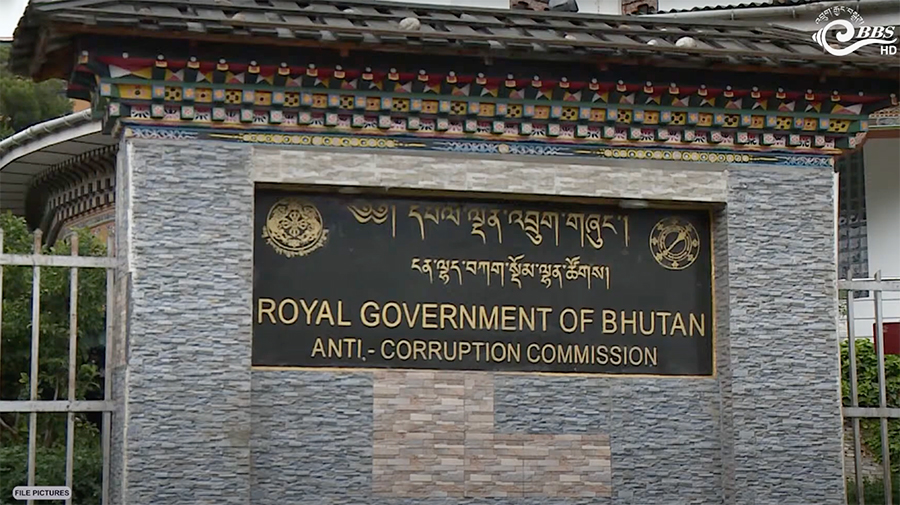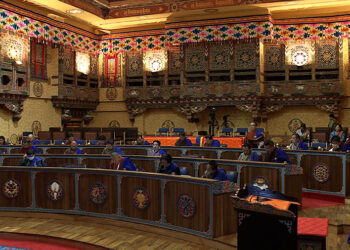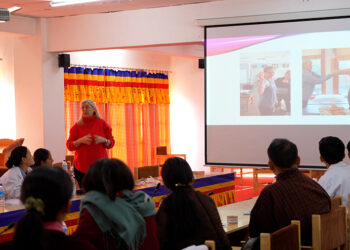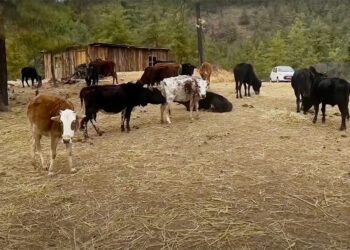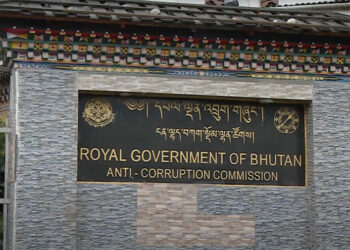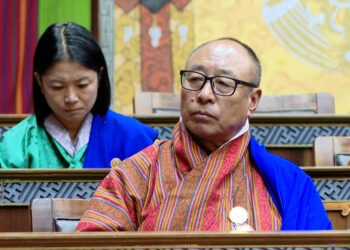Recent Stories
Fines for late asset declarations increase by Nu 5 M
The Anti-Corruption Commission imposed over Nu 7 M as a penalty for individuals who have not declared their assets and...
Residents struggle amid fuel shortages in Dorokha
Residents of Dorokha Dungkhag in Samtse have been facing persistent fuel and LPG shortages, forcing many to travel over 30...
Poor road conditions raise safety concerns in Gangtey and Phobji
Gangtey and Phobji Gewogs in Wangdue Phodrang are not just home to the residents but have also become popular tourist...
Wooden crates become key income source for Gomdar Gewog villagers
In Samdrup Jongkhar, two villagers of Gomdar Gewog have come forward to meet the growing demand for wooden crates ahead...
Tarayana Foundation brings drinking water relief to Barshong Toed Chiwog in Tsirang
Since the establishment of its field office in 2014 in Tsirang, the Tarayana Foundation has been initiating various livelihood projects...
Politics
National Assembly agrees to enact a Pension Act next year
After more than two decades of operating under an executive order, the country’s pension system is set to get a...
Popular
-
Opposition Leader calls for immediate RCSC action on civil servants attrition
-
News and media literacy resource book in Dzongkha and Braille
-
Service period for lump-sum pension withdrawal set to 23 years
-
Thimphu’s Traffic Division pilots dedicated left lane for taxis to ease traffic congestion
-
Over 200 vehicles imported in September
Recent News
ZAKAR
Recent News
- Bhutan hosts symposium on mental health
- Trans women face hurdles in reporting violence
- NC’s Economic Affairs Committee recommends raising personal loan ceilings to support rural communities
- Bhutan Broadcasting Service is pleased to announce the results for the recruitment of 5 radio Producer/ Presenter, English for Radio Department.
- Healthcare professionals trained in pain-free rehabilitation techniques
News Category
- Accidents
- Agriculture
- Announcement
- Business
- Crime/Legal
- Culture
- Development
- Disaster
- Economy
- Education
- Environment
- Featured
- Festival
- Headlines
- Health
- Legal
- Literature
- Livestock
- Media
- Other Stories
- Politics
- Recent stories
- Religion
- Sci/Tech
- Social
- Sports
- Technology
- Tourism
- Uncategorized
- Video
- Video Story
- Wildlife
© 2024 BBSCL. All rights reserved.





